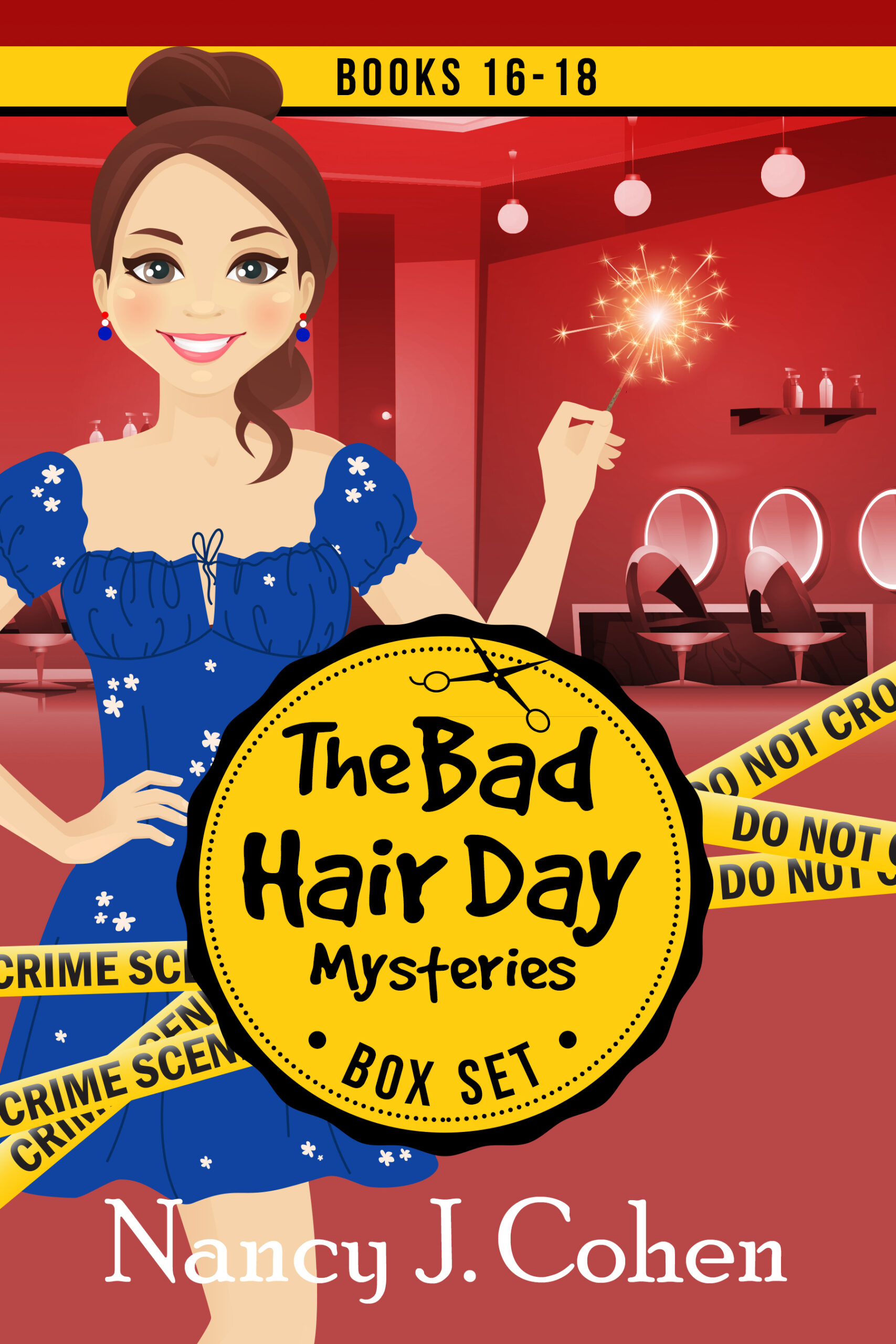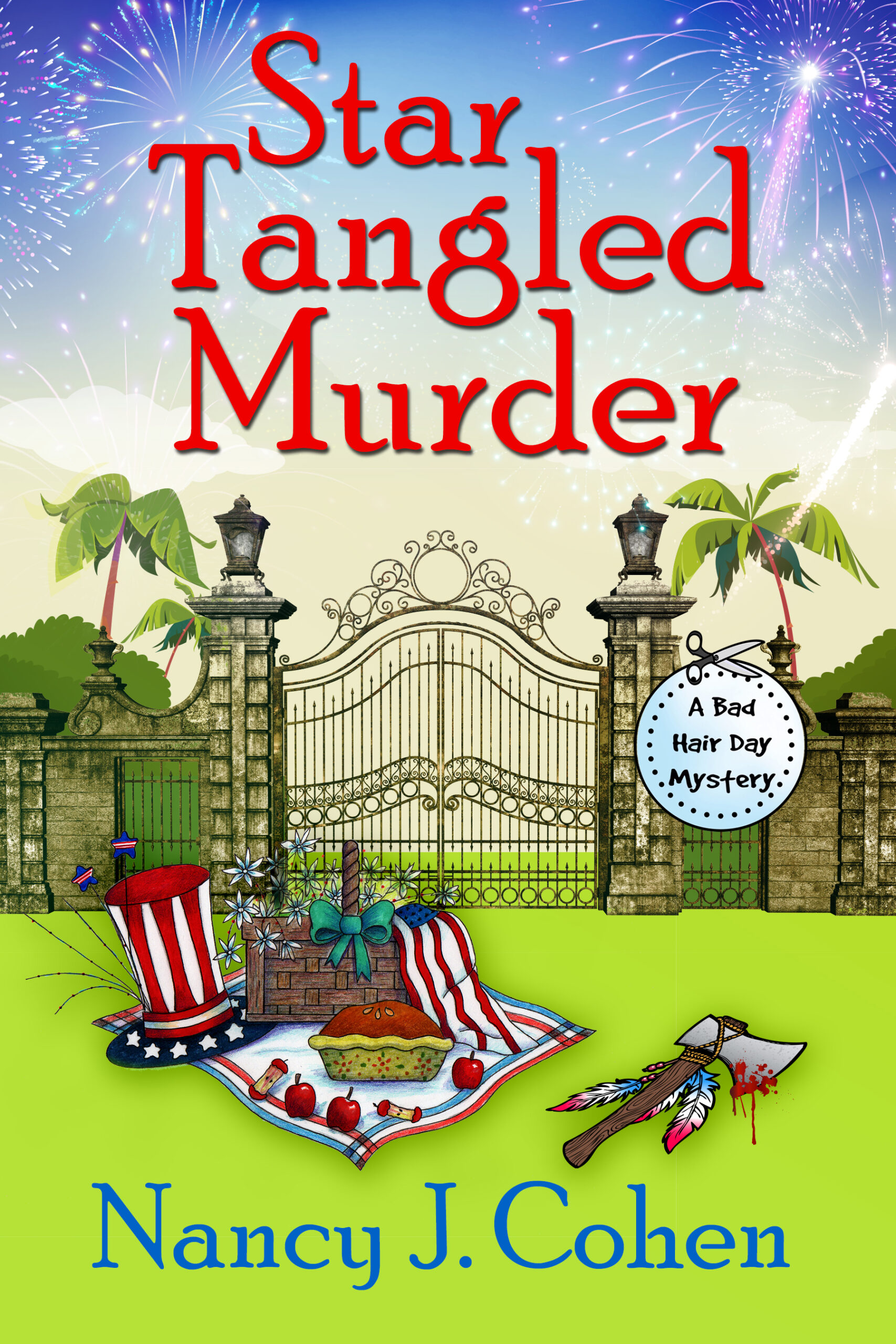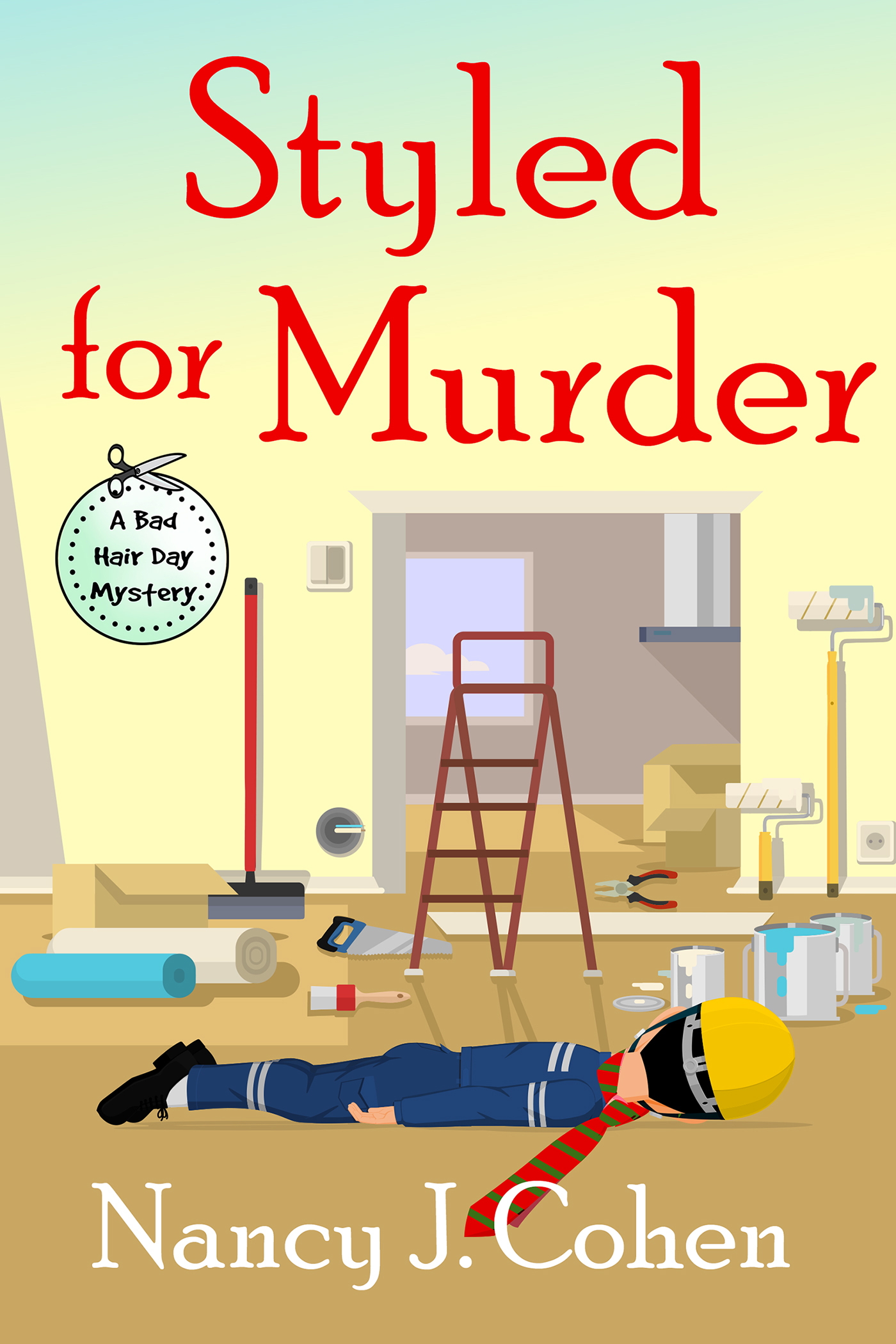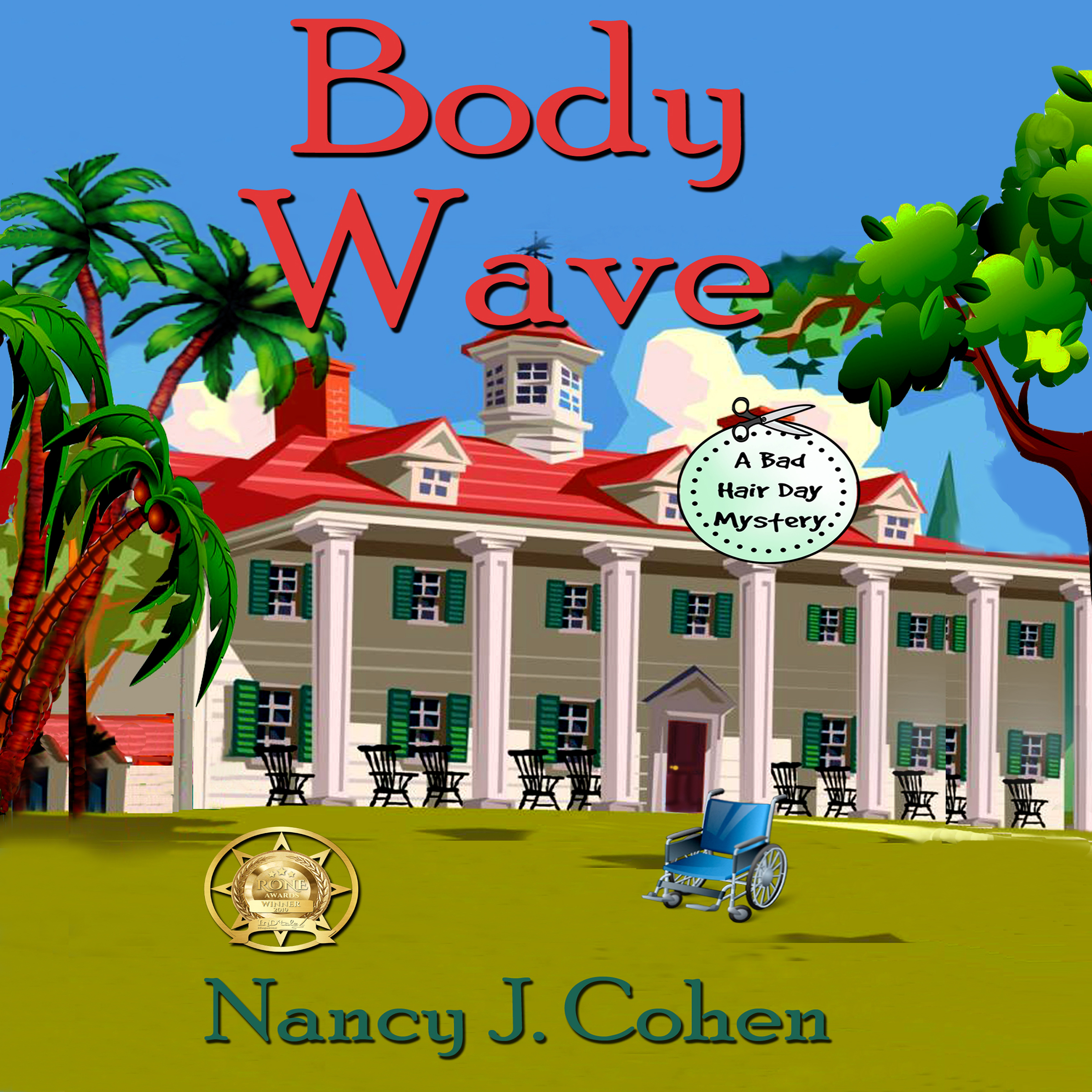Recently, I’ve been judging writing contest entries. Below are some of the common problems I have discovered among these manuscripts. Out of several entries, only one passed muster. It was well written, kept my interest, had an interesting “voice” and an intriguing premise. I’d read this book if more was available.
The other submissions, however, were painful to get through. Here are some of the problems I encountered so you can avoid them in your work. I use the pronouns “he” or “she” interchangeably as this advice applies to readers and writers of both genders.
Establish the Setting Up Front
As soon as possible into the story, establish the place, season, and time of day. Remember your Who, What, Why, Where, and When. Try to work these into the opening pages unobtrusively. Example: Crickets chirped their nightly chorus, the music of summer. Or: Late afternoon sunlight glinted off an icicle hanging from the roof. Also, don’t mention a street name or landmark and assume the reader knows where this place is. Be specific and give a location.
Make Your Characters Likeable
Remember to address your character’s goals, motivation, and conflict. If you show her acting in an unfavorable manner, what made her that way? Motivate her behavior so the reader understands where she’s coming from and sees the light at the end of the tunnel with character growth by the book’s end. Give her redeemable qualities so we can like certain aspects of her. If not, the reader won’t care and that’s the death knoll to your story.
This also applies to the anti-hero. What makes him redeemable? Why should I, the reader, care about him? Also, what does your character want? If he wanders aimlessly through life with no particular goals, that makes me as a reader less interested in him. Unless, of course, you give me a reason why he behaves that way. Maybe he lacks confidence in himself because of a past event. Maybe he’s afraid of failure. Knowing this will make me more sympathetic toward him.
Watch Your Use of Bad Language
The occasional curse word may be acceptable for a romance hero who’s a hard ass or for a heroine in the urban fantasy genre or for guy fiction in general, but elsewhere it may raise a reader’s hackles. It can also turn off some readers completely, so this language should be sprinkled in judiciously, if at all. Add it only if it helps to define a character, not because it’s the way you speak or because you believe it makes your protagonist seem tough. Always ask yourself: is this necessary? If not, leave it out. Or deploy a substitute, like “frak” on Battlestar Galactica. If writing sex scenes, consider the subgenre. Certain words that may be acceptable for erotica might be too graphic or crude for readers with more delicate sensibilities, especially those who read romances more for the stories than the love scenes. Remember the old adage: Less is better, especially if you want to expand your readership.
Show, Don’t Tell
To keep the pace flowing, use mostly dialogue and action and minimal exposition. If you have long passages where nothing happens except the protagonist thinks to herself or explains to the reader what happened, the story comes to a dead halt. You want to imbue a sense of immediacy in your story, and that won’t happen unless you involve the reader. Telling me what is going on isn’t nearly as gripping as showing me. Each chapter should start and end with a hook. Again, long meandering passages of narration will not encourage the reader to turn the page and may put her to sleep instead. Also keep in mind that reader attention spans are shorter today. What worked in past prose doesn’t work in this age of technological marvels.
Save Flashbacks for Later
The first chapter is your only chance to grab the reader so she’ll continue your story. If you segue into a flashback, the forward momentum is lost. Who cares what happened in the past? Throw in a line or two in dialogue or introspection to show us and then move on. Or make it part of the story action, like in a confrontation with a friend or a hesitation on the part of the main character to perform some act. Work backstory in with minimal intrusion in your first few chapters. Flashbacks will kill pacing, so again, remove those long passages of remembrances. Only retain what is necessary to explain the current action. Later, after you’ve hooked the reader, you can work this info into the story, hopefully through dialogue.
Every Conversation Should Have a Purpose
When I say that you should use dialogue generously, I don’t mean that two friends should get together and chat meaninglessly on matters that don’t move the story forward. Dialogue should serve a purpose: reveal information, define character, move the plot ahead, offer reaction and reflection on what’s just occurred. So ask yourself as you approach a conversation, what do you want to get across in this segment? If you don’t have a point to make, delete the scene.
Proofread Your Work
Would you send an editor a manuscript that you haven’t read through to check for typos? No? Then why send one to a contest where mechanics are judged? Proofread your work for typos, dropped punctuation marks, repetitions and misspellings.
<><><>
Most of the entries I’ve read have been competently written. In some cases, the author’s voice comes through as distinctive and engaging. However, the writing itself isn’t the problem. It’s the content— in particular the pacing, structure, and/or character motivations. Does a crisis or a change happen to the character at the start so that she (or he) experiences a call to action? Does the story move forward from there? Or does it stumble while you detour into a long introspection or memory sequence? Do you involve the reader in the action or tell us what happened? Is your character passive or proactive? Have you done all you can to attract new readers and not repel them with questionable language? Reread your first three chapters. If you were an editor, would you want to read more?























Thanks for sharing this, Nancy. It’s so easy to fall in love with our words. A good critique group helps put our writing in proper prospective.
Yes, I find a critique group essential even after writing more than 20 books. They’ll get on top of you for wordy phrasing, boring characters, laundry lists, wandering conversations, etc.
Every year my writers group has held a writing contest for high school students. This past year was a short story contest. (In years’ past, we’ve had essay contests and one disastrous poetry contest.) Of the dozen stories submitted, not one was literate. We had mechanical errors. We had no sense of story, character development, plot or conflict. Students blithered junk on the page to try to win the $100 first prize. As a result of the atrocious entries, we are no longer holding the contest. Instead, we are sponsoring a series of writing seminars to help would-be writers learn the craft. I’m sorry we had to cancel the contest, but these entries had to be vetted by the students’ English teachers. I have so little faith that the teachers know what to look for…
English teachers may know the principles of grammar and writing but not how to put a novel together. I don’t blame your group for cancelling the contest. However, contests through RWA chapters are a great way for serious writers to get feedback with the potential to get your work in front of editors/agents.They’re valuable for those reasons, even if it’s hard for us judges to read through the entries. We offer critiques right on the pages.
Nancy,
Great list of what to keep in mind when writing. All wonderful reminders to us all.
Thanks, Marilyn. Do you have anything else to add?
Great post!
Thanks for stopping by, Patricia!
Wonderful, Nancy! Thanks for sharing your insights. I think it will be helpful not only on submitting to contests, but when I go back and look at older stories. Today’s reader has changed and you said it so well.
Yes, it definitely changes our view of older stories with long passages of description. Stories have to move faster and have more white space these days. Of course, it’s always easier to point out what’s wrong in someone else’s work and not see the same mistakes in ours.
Wonderful post, Nancy! So many helpful ways to make a story better and keep the reader’s interest, not only in a contest entry, but in a book you want to sell to an editor. Thanks for sharing.
Exactly, Loralee. Contest entries or submissions to editors should make one hone their work to its best. Final judges in these contests are often editors and agents. It can be a first step in the door.
Valuable post, Nancy. These are professional markers every writer should think about. It’s very easy to bore the reader, so we need to be on our toes each time we pick up the pen, or hit the keys. I just finished reading Berlin Diary by William L. Shirer, admittedly a non-fiction work, but in casual retrospect I can see how he manages to fulfill nearly all of your suggestions. The setting is always there – the cities, villages, of war-torn Europe – and vividly drawn. The characters, quickly limned as in a diary setting, are always clear: likable, or very unlikable. Think Goring, think Hitler. Of course Shirer will tell us facts and figures (or give a brief flashback), but he has a way of setting all of it inside the action (showing) that makes it so interesting. His language is that of a great reportorial master: despite the grimness, the horror of war, he never stoops to the casual vulgarity, but somehow makes the brutality, the sick inhumanity of it all seem even worse by the understated quality of tone and word.
It would be a good idea for all of us to aspire to your seven hallmarks – perhaps carve them on a maple stick, carry it with us as a reminder to get our game up a notch.
Terry, I would think it’s even harder in nonfiction to keep the pace moving and avoid long passages of exposition. I have read some of these books myself that are so well-written that they are as gripping as a novel. The book you just reviewed above sounds like one of these.